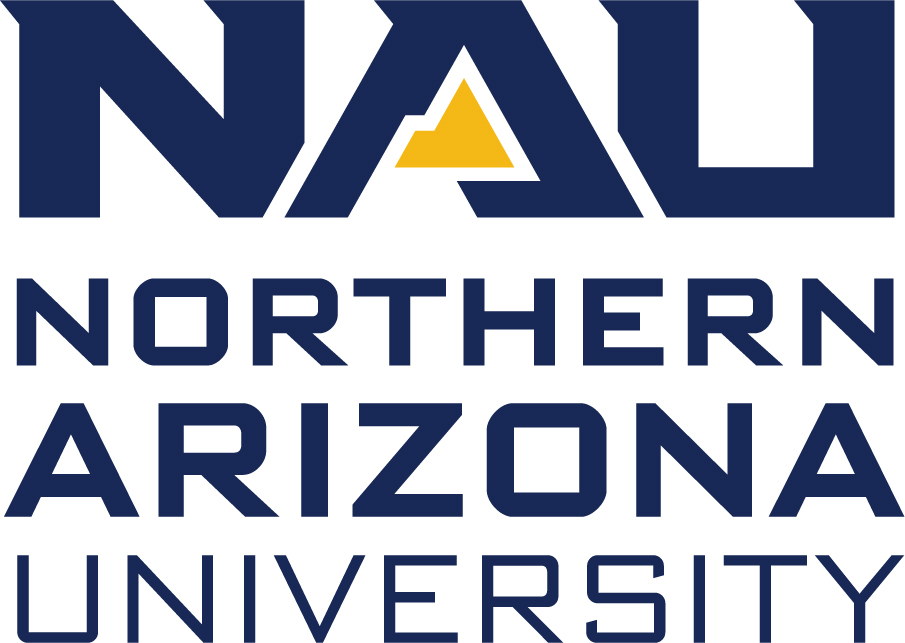Newswise — While the full impacts of Hurricane Harvey on the Texas Gulf Coast are not yet known, severe flooding and evacuations are gripping the Houston Metropolitan Area—a region that has suffered three 500-year floods in the last three years.
In addition to being an important hub for food supplies, Houston is at the heart of the nation’s energy supply. As the fifth most populous metropolitan area in the U.S. and fourth most valuable international port, major flooding in Houston has the potential to cause food and fuel shortages in cities hundreds if not thousands of miles away.
“In coming days and weeks, Hurricane Harvey may teach us how we are all dependent on each other and how we are all impacted by a distant tragedy,” Northern Arizona University professor Ben Ruddell said.
Ruddell and a team of researchers have studied the hurricane and its impact since the storm appeared on Doppler radar last week. Using FEWSion, a new mapping system funded by the National Science Foundation that allows scientists to quickly analyze changing information, Ruddell and his team were able to see how the hurricane impacts food and energy production and determine how the water supply aligns and interacts.
"On Monday night it became clear from news reports that the storm's flooding was much worse than expected," Ruddell said. "We went to work Tuesday morning to produce a rapid preliminary supply chain analysis using the FEWSion project's capabilities, and the results were ready by lunchtime on Tuesday. So, we have the ability to produce this type of analysis for anyplace in the U.S. on a few hours' notice."
According to NAU researcher Richard Rushforth, roughly one-fifth of U.S. exports to Africa, Asia and Mexico flow through the currently closed Port of Houston. More than half of Houston’s goods and services are destined for other cities, meaning people outside of Houston have $272 billion of exposure per year to a disaster in Houston. Fifteen percent of U.S. gasoline supplies, along with a large portion of natural gas supplies, are refined in or shipped through Houston. The city also produces a sizeable percentage of goods used in California, Washington, Illinois, Texas, Louisiana, Oklahoma, Arkansas, Mississippi and Alabama. Most cities in Texas, as well as New Orleans, Tulsa, Memphis, Chicago, Seattle, Louisville, Los Angeles, Mobile, Shreveport and Baton Rouge, will be among the most affected in coming days and months.
“As floodwaters recede in the Bayou City and cleanup from Hurricane Harvey takes place over the comings months and years, our nation should pause to consider its vulnerability to increasingly dangerous natural disasters,” Rushforth said. “When Houston is flooded, we are all exposed.”
